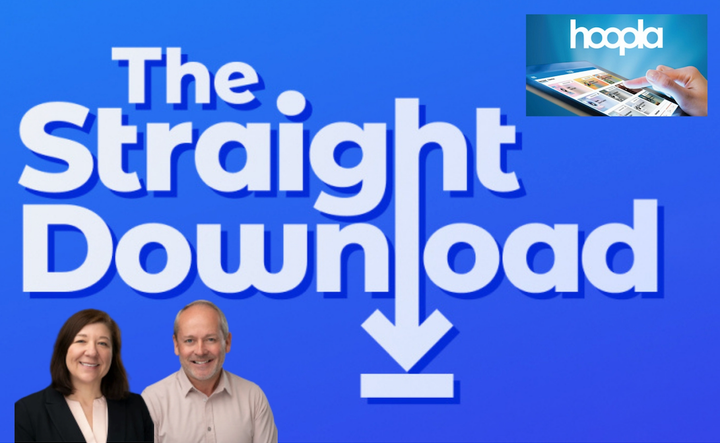New Jersey Introduces Library Ebook Bill
If passed, the New Jersey bill would sound beyond the Garden State, satisfying the so-called “trigger clause” in the recently passed library ebook bill in Connecticut.

A week after Connecticut passed the nation's first library ebook bill since 2022, New Jersey has now introduced a similar measure.
Bill S4520 was introduced by New Jersey Democrat Andrew Zwicker on May 29. The bill would prohibit public libraries from entering into licenses for “electronic literary materials” that include what the bill characterizes as overly restrictive provisions.
Kyle Courtney, one of the founding members of the nascent Ebook Study Group, which has helped fashion language for the next generation of digital content bills now beginning to emerge in several states, characterized the New Jersey bill as “a strong consumer protection measure,” that would ensure libraries “will not be unfairly taxed for their mission to loan and provide access” to e-books.
“New Jersey has taken the bold step to say that libraries—and the public they serve—deserve access to digital books under terms that reflect the essential role libraries play in preservation, access, and education,” Courtney told Words & Money. “It also safeguards interlibrary loan systems and allows for the creation of non-public preservation copies, ensuring that collections can be maintained without undue burden—or books simply 'disappearing' from the shelves.”
The bill would also require transparency by barring contract terms that would prevent libraries from sharing contract details with other institutions or public officials.
If passed, the New Jersey bill would sound beyond the Garden State, satisfying the so-called “trigger clause” in the recently passed library ebook bill in Connecticut. That clause requires another state or state with a population over seven million to also pass a library digital content bill before Connecticut’s bill could take effect. With a population of nearly 10 million, New Jersey would fit the bill.
On May 29, Governor Ned Lamont signed Connecticut’s bill into law, leaving the trigger clause as the final hurdle.
In a statement, Ellen Paul, Executive Director of the Connecticut Library Consortium praised the introduction of New Jersey’s bill. “New Jersey’s announcement is an important step forward for library users everywhere,” Paul said. “The digital licensing system we’ve lived under for more than a decade is broken, and taxpayers and patrons ultimately pay the price.”
Notably, New Jersey’s bill does not contain a trigger clause. “New Jersey, I believe, is riding off of last year's ‘Right to read’ law and did not want to weaken the immediate impact of the legislation, delaying benefits that could be realized sooner,” Courtney said. Zwicker also spearheaded New Jersey's Right to Read law.
While the bill will likely be amended as it progresses—if it progresses—it is at first glance a more aggressive bill than the one that passed in Connecticut, making it likely to draw strong opposition from the major publishers.
For example, New Jersey’s bill includes a provision that would bar New Jersey libraries from agreeing to prices “greater than that charged to the public for the same item.”
That would be a massive change, if adopted. Typically, library new release ebooks from the major publishers can cost libraries $65 or more for a metered license. According to the plain text of New Jersey’s bill, those prices would have to be closer to consumer prices, usually around $15, for libraries to license them.
Similar to Connecticut’s law, the New Jersey bill would also forbid libraries from entering into licenses that restrict the number of lends over the course of a license agreement unless the publisher also offers a perpetual access option “at a price which is considered reasonable and equitable” by the parties.
“These two provisions alone would go a long way toward allowing libraries to expand and diversify their digital collections,” said Michael Blackwell, director of the St. Mary’s County (Maryland) Library and an organizer of the ReadersFirst advocacy group, although he conceded that the major publishers will surely oppose the measure.
“Publishers justify high library licenses prices by saying that many people have access to a title, unlike with consumer licensing to only one person,” he acknowledged. But, he insisted, new and mid-tier authors, including indies would likely benefit, as will readers. “Libraries will still spend as much. The profits will still be there—just not as much per item.”


